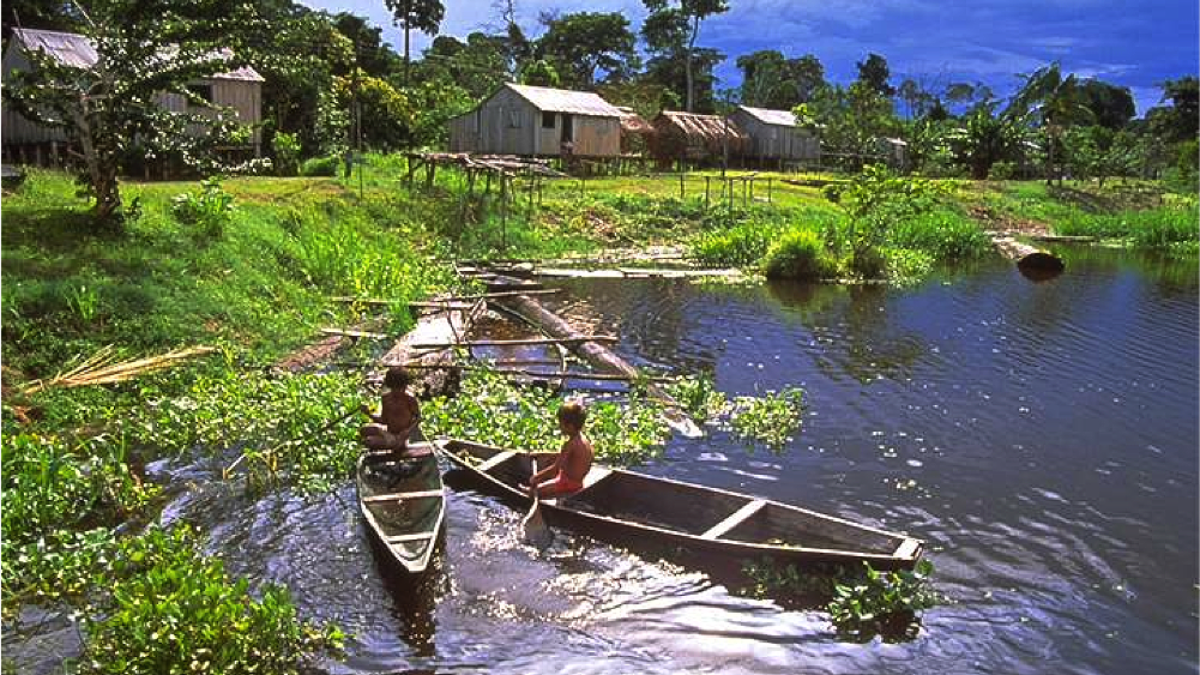NEW PUBLICATION
 Tropical small-scale fisheries are highly heterogeneous with respect to a wide range of fisheries characteristics, but that heterogeneity has generally not been adequately studied or considered in management. This study investigated fisheries heterogeneity and the extent to which it is accounted for in management regulations in eight small-scale fishing communities located in floodplain ecosystems of the Amazon basin. Analyses of 29,844 fishery landing interview data revealed that fisheries heterogeneity with respect to gear, habitat, species composition, and total catch and fishing effort was high across all communities, but low over the years in the same communities, indicating that each community must be considered as a distinct management unit. Data analyses also revealed that many important community fisheries characteristics were not accounted for by government- and community-based management regulations. Total catch and fishing effort were largely unregulated; there were no size or closed season limits for one-third of the most important fishery species; and the nursery habitats used by most fishery species were not protected in any fashion. Clearly, increased attention to cross-community fisheries heterogeneity can improve the design and implementation of management regulations. The management problems created by the heterogeneity of small-scale fisheries are discussed, and the potential of the ‘‘barefoot ecologist’’ concept to address them is considered.
Tropical small-scale fisheries are highly heterogeneous with respect to a wide range of fisheries characteristics, but that heterogeneity has generally not been adequately studied or considered in management. This study investigated fisheries heterogeneity and the extent to which it is accounted for in management regulations in eight small-scale fishing communities located in floodplain ecosystems of the Amazon basin. Analyses of 29,844 fishery landing interview data revealed that fisheries heterogeneity with respect to gear, habitat, species composition, and total catch and fishing effort was high across all communities, but low over the years in the same communities, indicating that each community must be considered as a distinct management unit. Data analyses also revealed that many important community fisheries characteristics were not accounted for by government- and community-based management regulations. Total catch and fishing effort were largely unregulated; there were no size or closed season limits for one-third of the most important fishery species; and the nursery habitats used by most fishery species were not protected in any fashion. Clearly, increased attention to cross-community fisheries heterogeneity can improve the design and implementation of management regulations. The management problems created by the heterogeneity of small-scale fisheries are discussed, and the potential of the ‘‘barefoot ecologist’’ concept to address them is considered.
Castello, L., McGrath, D.G., Arantes, C.C., Almeida, O.T. 2013. Accounting for heterogeneity in small-scale fisheries management: the Amazon case. Marine Policy 38:557–565. pdf

